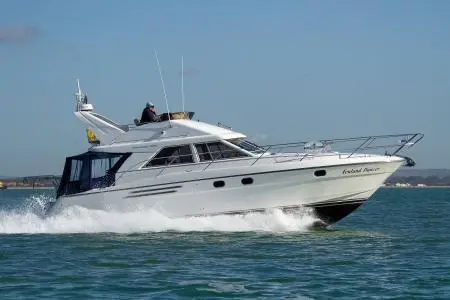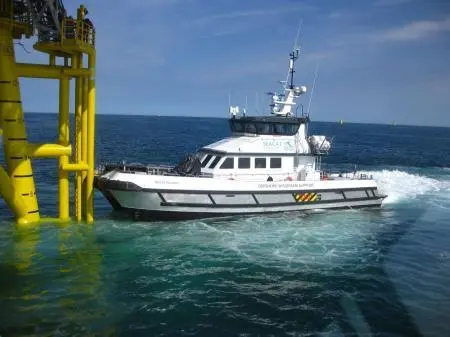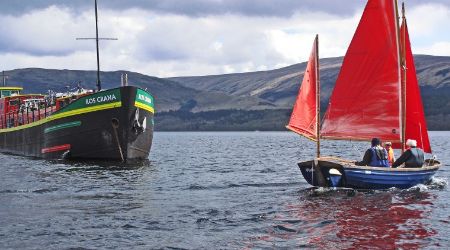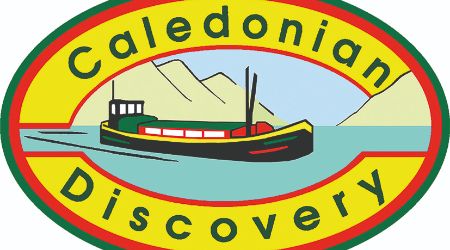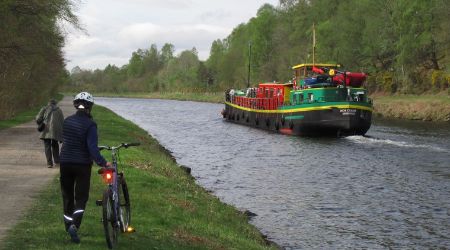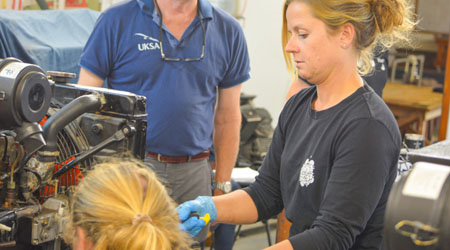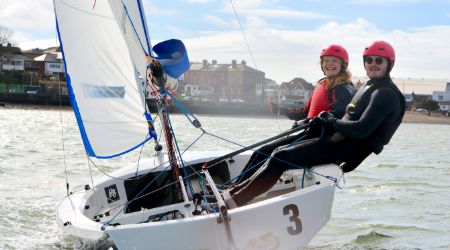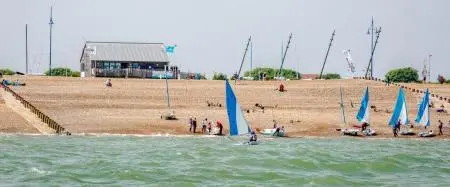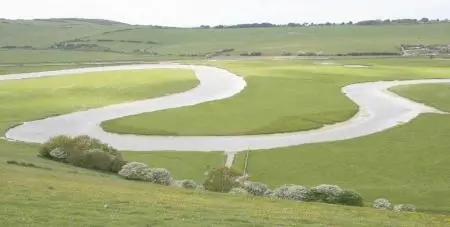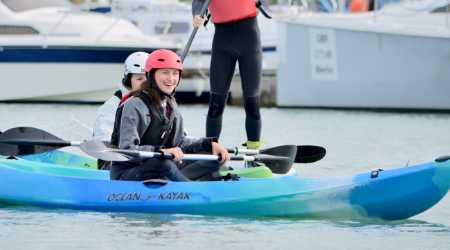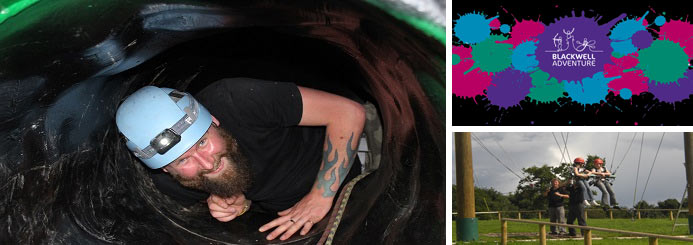Let us have a look at the types of water sports on offer. The first group of activities are more obvious and mainstream than others and a qualification in these could offer more opportunities for employment. Sailing, yachting, windsurfing, surfing, canoeing and kayaking (see our paddlesport page). Then slightly more specialist watersports include jetski, waterskiing and wakeboarding, snorkeling, white water rafting, parasending and kite surfing. Specialist qualifications for these activities do exist, even for newer activities like kite surfing: britishkitesurfingassociation.co.uk, which will actually replace windsurfing at the next Olympics.
How much does a watersport instructor earn?
The amount you can earn will depend on location and on what area of watersports you are teaching. As a general watersports instuctor, once qualified your take home pay will probably be in the region of £70 to £90 per week. As a more specialised and more senior instructor, for example sailing or windsurfing, a full time UK role will probably earn you between £16,000 to £20,000.
Watersport Qualifications
The main governing body for watersport qualifications is the Royal Yachting Association (RYA). Their programme of skills and training courses is long and varied and includes certificates for marine radar and inland waterways, but we will concentrate on the main awards you are likely to encounter working as a watersports activity instructor. Courses and teacher training go hand in hand, but the awards themselves are often separated. As already mentioned, you can take all kinds of courses designed to improve your skills on the water, but if you want to progress to teaching other people those skills then you need to look at gaining instructor qualifications.
Most popular activity at a watersports centre is probably sailing. Despite the more popular association with small bright yellow inflatables that get eaten by sharks in the movies, the small sail boats you will find at most centres are actually classed as dinghys. Becoming a Dinghy Instructor takes more than a single step. There are various levels of instructor and more than a few skills courses needed to attain each level. To keep it simple, the first level is an assistant instructor. Next comes 'instructor', for which you will qualify specifically to teach either dinghies, smaller keelboats or larger multihulls. To qualify for the course and exam you need your first aid, Powerboat Level 2 and the pre-entry assessment, but after that you will be qualified to teach small groups of children through to improving adults. This is perhaps the most common qualification if you plan on teaching sailing at a watersports activity centre. If you want to get more specialist from here you would look to gain an advanced certificate, a senior certificate and ultimately a coaching or assessor qualification.
Also popular is windsurfing, which will no doubt get a further boost with a recent British silver medal at the 2012 Olympics. Windsurf Instructors would also start with an Assistant Instructor qualification, but to become more useful to a centre you'd be looking to achieve at least 'Start Windsurfing Instructor'. With this you can begin teaching under supervision of a senior instructor. As with the basic dinghy sailing you need Powerboat Level 2 and first aid as a pre-requisite. Advanced and senior instructor certificates would be your next goal - see the RYA website for full details of course requirements.
Chris Worthy - Sailing activity instructor
"I was working at a fish processing factory in Great Yarmouth, mostly wishing I was doing something less boring. I have always lived by the sea and we messed about in boats since we were kids, but I heard too many stories about commercial fishing to know that it wasn't something I wanted to do. A friend got a job last summer at a combined water and land activity centre here in Norfolk and the more he talked about it, the more I wanted to get involved!
My friend told me they took applications year round and had vacancies every few months, but they usually recruited people for the sailing positions as they found them more difficult to fill. I already had basic sailing experience so I was able to take a relatively short instructor training course that fitted around my job, and was designed to get me the RYA Dinghy Instructor qualification. Once I had that I updated my CV, and sent off an application. Eventually I got invited for an interview and accepted as an instructor on a two year renewable contract.
I haven't been here very long, only about four months, but it is the best thing I ever did. Every day I wake up looking forward to teaching people. Most of the people who visit are school groups wanting taster sessions, but we do teach adults too. I prefer when I get to give someone a full day on the water as you can really see their progress, whereas with the school kids, they are more there to have a laugh and experience something new, not necessarily to learn anything.
On a typical day we have to start work about 7.30am, getting the boats ready, checking all the safety equipment and doing the paperwork for the day ahead. We get fed a good lunch and work is done by 4pm in winter, though we do have to work later in summer. My favourite part of the job is seeing people get into a boat, never having been in one before. I know that after showing them the basics and taking them out on the water for a while, they will be confident enough to handle the boat without me really needing to help. Passing on my knowledge to other people is the best reward and I am not just saying that because they pay isn't great, ha ha. Actually the pay isn't too bad and there do seem to be opportunities to move up within the company. I know a lot of people treat these kinds of jobs as a filler between other jobs, but my aim is to make it my career. Because I am on the water every day, my own technique is constantly improving and the company I work for are happy to subsidise training courses for employees who show they are keen to improve themselves. I hope to become a senior instructor next year and then take it from there."
Mark Jenkin - Windsurfing Trainer Course.
"I spent a couple of summers working in Greece as a holiday rep and got talking to some of the guys who were running the beach activities. They were clearly having a blast and I asked them how they got into it. My plan was to get the qualification in the UK then head out to the Med to soak up the sun, but in the end I stopped here in sunny Swansea. The centre has an AALA licence so we get groups of kids on adventure holidays coming down to the coast to learn how to windsurf and kayak. The bay has perfect conditions for windsurfing as we have beaches facing various directions so we can adapt to the wind direction."
"The training course itself lasted six days and is recognized by the Royal Yatching Association. I’d say this is the thing to look for, RYA level. I had been taught the basics before I went on the course, as some will require a basic level of competence. Some even require certificates from more basic courses. The training was probably 70% on the water and 30% theory, on land. I came out with the qualification that allows me to teach windsurfing at registered RYA centres. And that’s what I do. I love it."
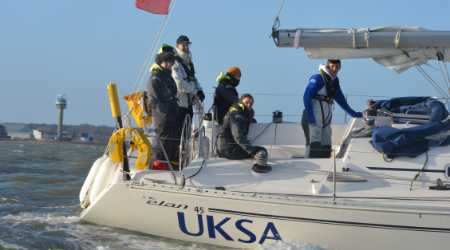

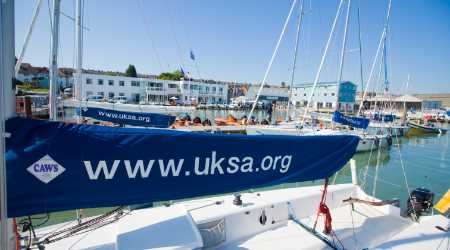
 Details & Apply..
Details & Apply..